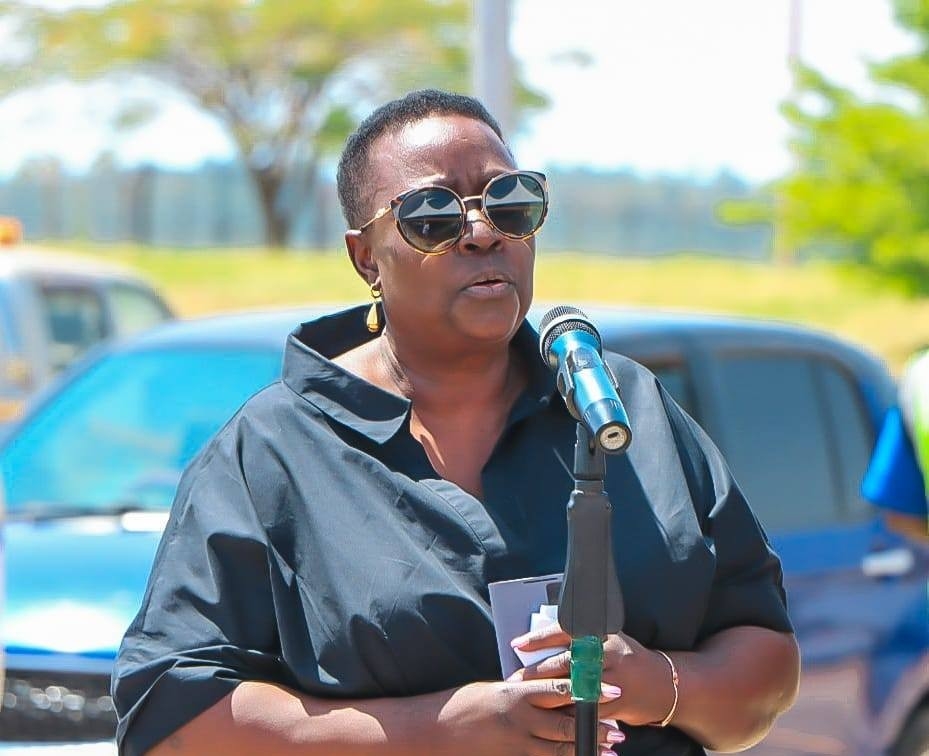To curb the menace of African Microbial Resistance (AMR) the CEO of the Africa Society for Laboratory Medicine (ASLM) Ngoblie Ndlovu says the continent needs a robust network of laboratories.
Ndlovu lamented that the continent is lagging, yet time is running out before the scourge becomes a disaster.
He vouched for the establishment of more quality laboratories in Africa to test for pathogens.
“Currently, the funding towards AMR is only a tenth of that allocated to other major disease areas. That should not be the case. We need more funding for surveillance so that we can get quality data around AMR. You cannot treat what you don’t know. Therefore, laboratories are key in this battle,” the CEO said.
The master plan, dubbed “African Antimicrobial Resistance (AMR) Surveillance Blueprint” was launched in Nairobi.
It targets an initial 14 countries with plans to roll out to all African Union member states.
“Antimicrobial Resistance is an urgent threat that puts a lot of Africans at risk,” warned Dr. Yewande Alimi, One health Coordinator, Africa CDC. “For the longest time we have had poor quality data that doesn’t guide policy neither does it guide clinical intervention. This document is key to our members states,” he noted.
He spoke in Nairobi after unveiling a master plan to manage AMR in Africa.
The new strategy seeks to among other things: provide comprehensive guidance for Antimicrobial Resistance, Antimicrobial Consumption- and Antimicrobial Use Surveillance, including data collection, management and analysis; standardize data collection and analysis methods across countries to enable comparability; provide guidance to improve early detection and response to Antimicrobial Resistance.
It also seeks to provide a useful resource for outlining training, capacity building, supervision, monitoring, and evaluation of surveillance activities
Africa requires an estimated US$ 2-6 billion annually to combat the menace of Antimicrobial Resistance.
Africa faces the highest mortality rate from AMR, with 27.3 deaths per 100,000—surpassing the combined death toll from HIV/AIDS and malaria in the region.
It is also estimated that by 2050, unless sound interventions are implemented, about 4.5 million people will be dying of AMR.
That is why Africa will be heading the United Nations General Assembly (UNGA) to marshal support towards AMR.
Dr. Alimi noted that Africa needs global partners to come on board and support efforts being initiated around AMR.
According to Ndlovu, sound AMR investments could prevent up to 200,000 deaths annually in Africa, including 90,000 children under five.
“In Africa, AMR interventions are projected to yield annual savings of $0.338 per capita in healthcare expenditure and $0.538 per capita in increased labour productivity,” a statement from ASLM noted.
Data on the state of AMR in Africa is scary.
A recent study supported by the UK’s Fleming Foundation found that 12 African countries had a Drug Resistance Index of more than 50%.
Further, it was established that only 1.3% of medical laboratories can conduct bacteriology testing – even fewer to evaluate for Antimicrobial Resistance.
That is not all. It was found that only 23 per cent of 205 laboratories are ISO:15189 accredited for bacteriology testing.
“We need a robust laboratory infrastructure where we can be able to get big data, quality data to understand these pathogens that are resisting treatment. We need adequate investment in our laboratories. That way we can able to tackle this problem of AMR,” Ndolovu emphasised.
















